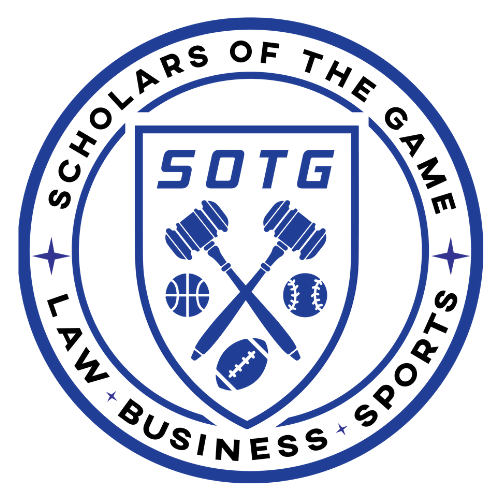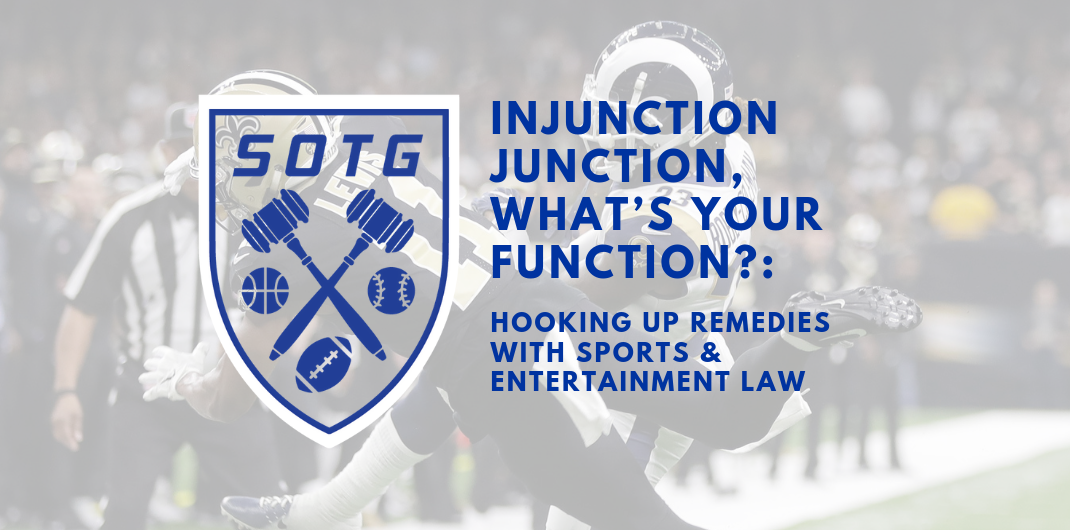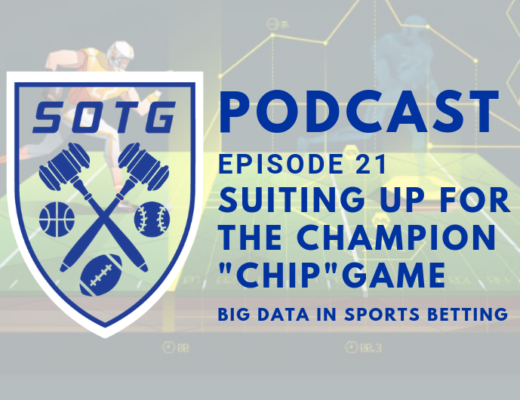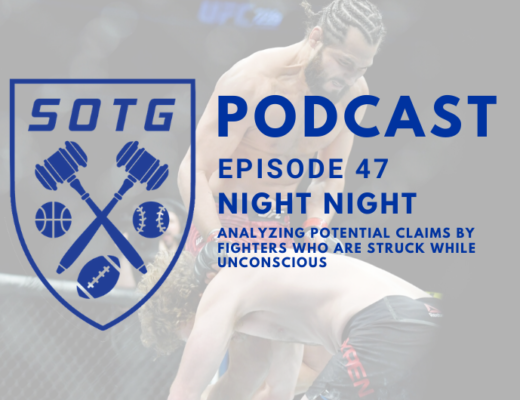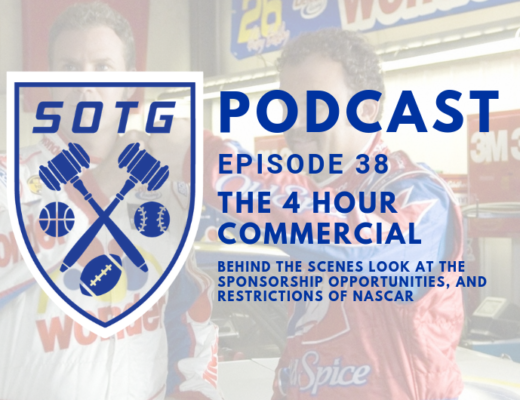Mark Edward Blankenship Jr.[1]
Thus far, one of the biggest controversies this year in sports has probably been the outcome of the Super Bowl LIII NFC Championship game between the New Orleans Saints and the Los Angeles Rams. The Rams beat the Saints 26–23 in overtime following a controversial no-penalty call where Rams defender Nickell Robey Coleman slammed into Saints receiver Tommy Lee Lewis, committing pass interference and helmet-to-helmet violations that were not called by the referees.[2] An attorney in Lafayette attempted to seek an injunction from a New Orleans Judge to stop the Super Bowl LIII until questions about the NFC Championship game were resolved.[3] But in order to avoid posting bond for injunctive relief, counsel instead sought a writ of mandamus to have the game replayed, a request that was eventually denied.[4] The New Orleans Saints overall are no strangers when it comes to seeking injunctions.[5] But what exactly are they?
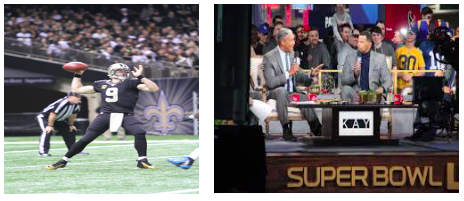
I. Injunctions & the Requirements for Obtaining Them
Whether it concerns Ezekiel Elliot,[6] fantasy sports and violations of state gambling laws,[7] or the “Blurred Lines” copyright infringement suit,[8] injunctions are perhaps one of the most common go-to remedies in sports & entertainment law.[9] Injunctions are equitable remedies, which are employed by the courts, to order defendants to do or not to do a particular thing. In essence, they keep the plaintiff seeking a remedy in the rightful position by “preventing him or her from being harmed or minimizing the extent of such harm.”[10] If a party breaches an injunction, the Court has the power to put them in contempt.[11]
In order to obtain an injunction, a plaintiff generally has to prove that there’s an irreparable injury that cannot be remedied by another means, such as monetary damages.[12] In addition, a plaintiff must also prove propensity by showing that the defendant is likely to engage in the conduct that the plaintiff seeks to enjoin.[13] Thus, injunctions must deal with either (a) the future conduct itself (preventive injunction), or (b) the future deleterious effects of past conduct (reparative injunction).[14] Injunctions may be modified to reflect any changed circumstances, so long as the modification does not defeat the central purpose of the original decree.[15] Finally, public policy concerns may also come into play. For instance, personal service contracts can be a policy area where courts may refuse to issue injunctions, since enforcing these would be considered involuntary servitude under which the Thirteenth Amendment prohibits.[16] By contrast, in Nassau v. Peters,[17] the Court granted an injunction that barred a professional hockey player initially signed with the National Hockey League, from playing for a World Hockey League team, because the employee was exceptionally talented and the use of exclusive-employment provisions were common in contracts involving professional athletes.
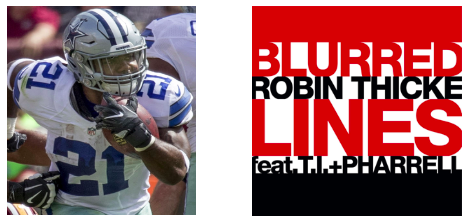
Strangely enough, the standards for obtaining an injunction in federal court had changed in 2006 when the U.S. Supreme Court took the case Ebay, Inc. v. MercExchange, LLC. There, the Court had adopted a four-prong test which required the plaintiff to demonstrate (a) an irreparable injury; (b) that remedies at law, such as monetary damages, are inadequate to compensate for such injury; (c) that, considering the balance of hardships between the plaintiff and defendant, a remedy in equity is warranted; and (d) that the public interest would not be disserved by a permanent injunction.[18] The four-prong standard was eventually reaffirmed in Monsanto v. Co. v. Geerston Seed Farms,[19] and has since received much criticism.[20]
II. The Variety of Injunctions
Injunctions usually occur at final judgment, whether they be preventive or reparative. Courts will typically tailor them toward the goal of keeping the plaintiff in the rightful position, but sometimes they can issue prophylactic injunctions, which further protect the plaintiff’s rightful position through broader steps.[21] However, courts may also provide preliminary injunctive relief, which may be useful The general requirements for obtaining preliminary injunctions are similar to those for permanent injunctions, i.e. irreparable injury, propensity, and other policy considerations.[22] Specifically though, the Supreme Court lays out that “[a] plaintiff seeking a preliminary injunction must establish that he is likely to succeed on the merits, that he is likely to suffer irreparable harm in the absence of preliminary relief, that the balance of equities tips in his favor, and that an injunction is in the public interest.”[23] In addition, the procedures for preliminary injunctions are less formal and a party is not required to prove his case in a preliminary-injunction hearing.[24]
Images provided by:
Thomson200, licensed under CC BY-SA 1.0
Tammy Anthony Baker, licensed under CC BY-SA 2.0
Keith Allison, licensed under CC BY-SA 2.0
Public Domain, pursuant to CC0
[1] Mark Edward Blankenship Jr. just recently received his Juris Doctorate from The University of Kentucky of Law (2019), where he served as Vice-President of the UK Sports & Entertainment Law Society, and Operations Manager for Volume 107 of the Kentucky Law Journal. Prior to attending law school, he graduated magna cum laude at Georgia Southern University B.A. in Music.
[2] See Michael McCann, Don’t Expect Legal Remedies in Aftermath of Rams’ Win Over Saints, Sports Illustrated (Jan 21, 2019), https://www.si.com/nfl/2019/01/21/new-orleans-saints-los-angeles-rams-pass-interference-no-legal-remedies; Claire Taylor, Lafayette Attorney Considers Injunction to Stop Super Bowl LIII, Daily Advertiser, https://www.theadvertiser.com/story/news/local/2019/01/22/lafayette-attorneys-goodell-reverse-outcome-saints-rams-game/2645533002/ (last updated Jan. 22, 2019, 5:32 PM CT).
[3] Taylor, supra note 2.
[4] Mike Curley, Saints Fans Can’t Force NFL To Replay Playoff Game, Law360 (Jan. 31, 2019, 6:20 PM EST), https://www.law360.com/articles/1124355/saints-fans-can-t-force-nfl-to-replay-playoff-game; Debra Cassens Weiss, Saints Fans Can’t Force a Missed-Call Do-Over with a Writ Of Mandamus, Judge Rules, A.B.A. J. (Feb. 1, 2019, 8:45 AM CST), http://www.abajournal.com/news/article/judge-rules-saints-fans-cant-use-a-writ-of-mandamus-to-force-a-missed-call-do-over.
[5] See Keith Null, New Orleans Saints McAllister, Smith Win Federal Injunction; Avoid Suspension, Bleacher Rep. (Dec. 6, 2008), https://bleacherreport.com/articles/89855-new-orleans-saints-mcallister-smith-win-federal-injunction-avoid-suspension;
[6] See Michael E. Hooper Jr., An Endless Appeal: What Were Ezekiel Elliott and the National Football League Fighting About Anyway?, 106 Kʏ. L. J. Oɴʟɪɴᴇ (July 24, 2018), http://www.kentuckylawjournal.org/index.php/2018/07/24/an-endless-appeal-what-were-ezekiel-elliott-and-the-national-football-league-fighting-about-anyway/.
[7] Joseph M. Hanna, DraftKings, FanDuel Granted Stay of Preliminary Injunction in New York, Sᴘᴏʀᴛs Iɴsɪᴅᴇʀ (Jan. 11, 2016), https://sportslawinsider.com/draftkings-fanduel-granted-stay-of-preliminary-injunction-in-new-york/.
[8] See Eriq Gardner, ‘Blurred Lines’ Jury Orders Robin Thicke and Pharrell Williams to Pay $7.4 Million, Hᴏʟʟʏᴡᴏᴏᴅ Rᴇᴘ. (Mar. 10, 2015), https://www.hollywoodreporter.com/thr-esq/blurred-lines-jury-orders-robin-779445.
[9] See generally Marketa Trimble, How to Obtain a Global Injunction in a Copyright Infringement Case (Guest Blog Post), Tᴇᴄʜ. & Mᴋᴛɢ Bʟᴏɢ (Oct. 2, 2018), https://blog.ericgoldman.org/archives/2018/10/how-to-obtain-a-global-injunction-in-a-copyright-infringement-case-guest-blog-post.htm; Daniel Burgess, An Explanation of Interim Injunctions in Sports Litigation, L. in Sports (June 8, 2017), https://www.lawinsport.com/topics/articles/item/an-explanation-of-interim-injunctions-in-sports-litigation.
[10] Rɪᴄʜᴀʀᴅ L. Hᴀsᴇɴ, Exᴀᴍᴘʟᴇs & Exᴘʟᴀɴᴀᴛɪᴏɴs: Rᴇᴍᴇᴅɪᴇs 141 (Wolters Kluwer, 4th ed. 2017).
[11] See Rᴜssᴇʟʟ L. Wᴇᴀᴠᴇʀ, Eʟᴀɪɴᴇ W. Sʜᴏʙᴇɴ, & Mɪᴄʜᴀᴇʟ B. Kᴇʟʟʏ, Pʀɪɴᴄɪᴘʟᴇs ᴏғ Rᴇᴍᴇᴅɪᴇs Lᴀᴡ 27–28 (Thomson Reuters 2011).
[12] Hᴀsᴇɴ, supra note 10 at 158–60; see e.g. Pardee v. Camden Lumber Co., 73 S.E. 82 (W. Va. 1911); Continental Airlines, Inc. v. Intra Brokers, Inc., 24 F.3d 1099 (9th Cir. 1994).
[13] Hᴀsᴇɴ, supra note 10, at 146.
[14] See id. at 151–53.
[15] See id. at 188–90.
[16] Id. at 168; Beverly Glen Music v. Warner Communications, Inc., 224 Cal. Rptr. 260 (App. 1986). Compare David Tannenbaum, Enforcement of Personal Service Contracts in the Entertainment Industry, 42 Calif. L. Rev. 18 (1954) with Geoffrey Christopher Rapp, Affirmative Injunctions in Athletic Employment Contracts: Rethinking the Place of the Lumley Rule in American Sports Law, 16 Mᴀʀǫ. Sᴘᴏʀᴛs L. Rᴇᴠ. 261 (2006).
[17] 352 F. Supp. 870 (S.D.N.Y. 1972).
[18] 547 U.S. 388 (2006).
[19] 561 U.S. 139, 158 (2010).
[20] See generally Mark P. Gergen, John M. Golden, & Henry E. Smith, The Supreme Court’s Accidental Revolution – The Test for Permanent Injunctions, 112 Cᴏʟᴜᴍ. L. Rᴇᴠ. 203 (2012).
[21] Hᴀsᴇɴ, supra note 10, at 151–53, 156, 175.
[22] Id. at 201.
[23] See Winter v. National Resources Defense Council, Inc., 555 U.S. 7 (2008).
[24] Hᴀsᴇɴ, supra note 10, at 202; see also University of Texas v. Camenisch, 451 U.S. 390, 395 (1981).
